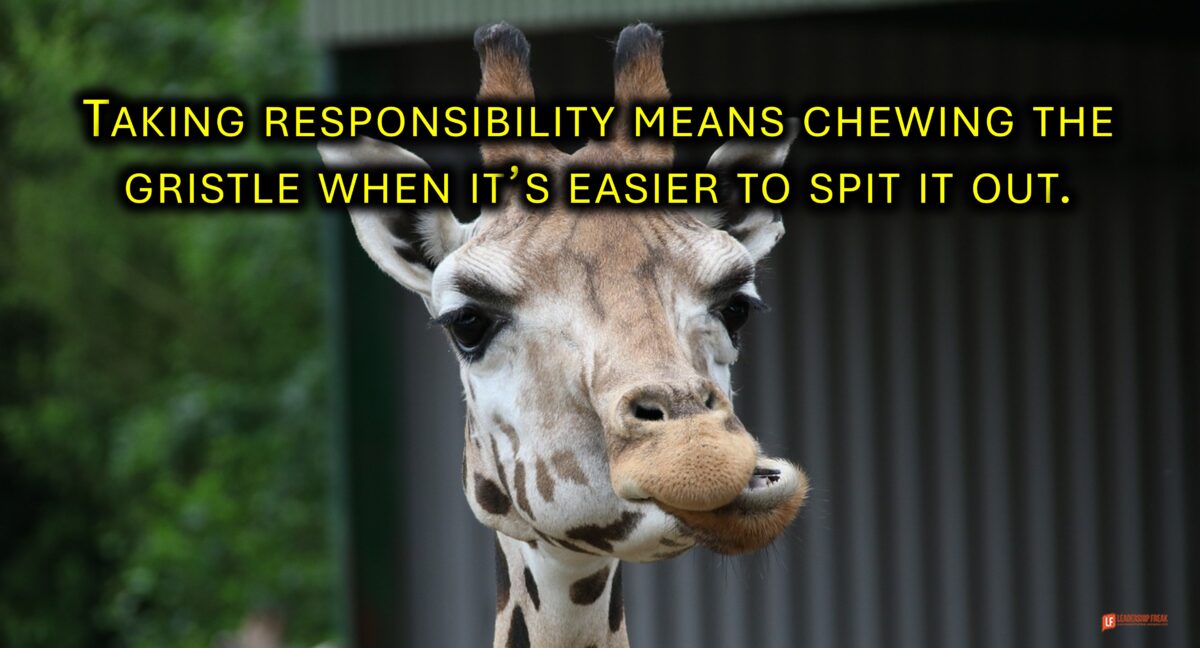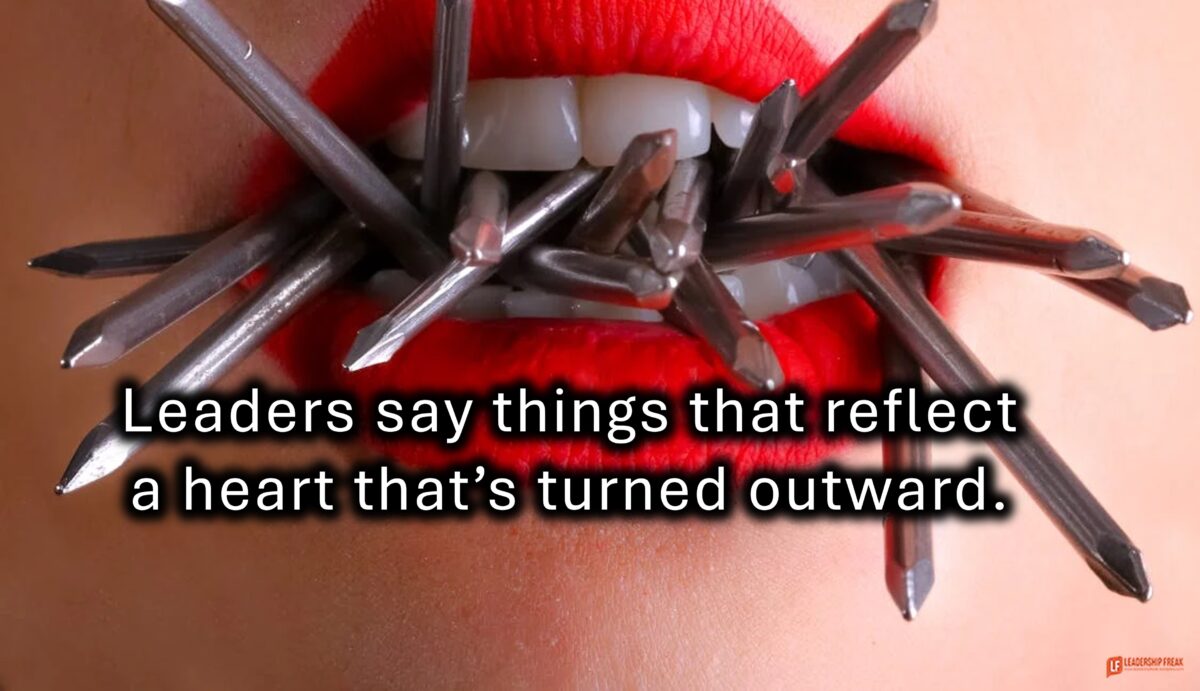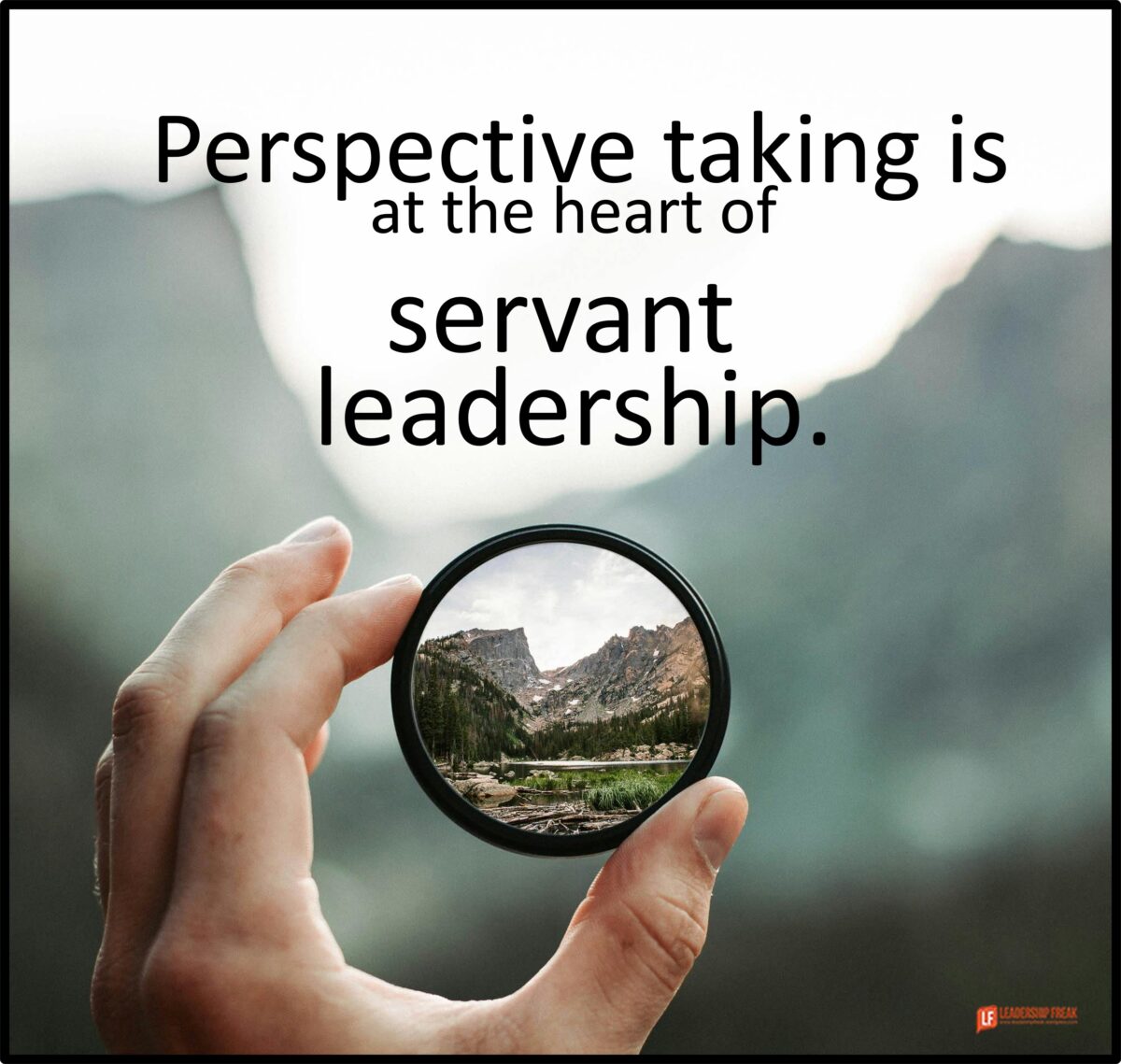A Colossal Failure to Anticipate
It’s a colossal failure to anticipate when you solve the same problems repeatedly. You maximize the present when you expect the future.
Lack of anticipation causes frustration to settle in. When you expect issues to rise and do nothing to prevent them, urgencies rule.
Glory:
Failure to anticipate is an ineffective leader’s path to glory.
There’s a way to prevent the check engine light from coming on in your car. Do regular undramatic maintenance.
Some leaders ignore systematic preparation because they have fallen in love with being needed. Solving problems early makes solutions less dramatic.
When problems get big, solutions inflate ego.
On September 5, 1970, Dr. Constantin Paul Lent wrote a letter to Vice President Spiro Agnew regarding how to prevent hijackings. He proposed changing cockpit doors. It would have been harder to fly airliners into buildings if his proposal had been adopted.
No one knows your name when you prevent problems.
Develop the skill to anticipate:
Anticipate the future by observing patterns. Use the past to anticipate the future.
Notice…
- Recurring topics of conversation, especially topics of concern.
- Repeated frustrations. History shows that staffing is a challenge. Don’t ignore history. Use it to prepare for the future.
- Nagging fears. Fear invites foresight for the wise. Make a plan that prevents your fear from happening.
- Successes. Lessons learned from success are less painful than learning from failure. Reinforce success.
- What’s working?
- Why do think it’s working?
- What were the essential behaviors that made this success possible?
- Failure. Do the next best thing when you can’t learn from success; learn from failure.
Inevitable:
You can’t anticipate everything. Surprise is inevitable. But if recurring issues consume your energy lack of anticipation may be the cause.
How can leaders use the past to prepare for the future?
What would you add to this post?
Still curious:
Anticipation as Leadership Advantage
Like this:
Like Loading…



































